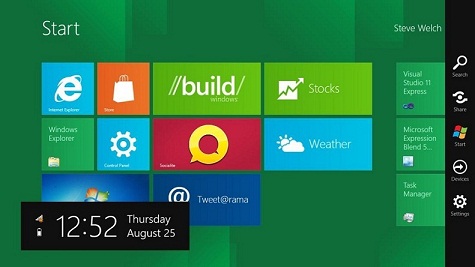Stealing someone’s identity is not a new crime, but in the digital age personal data allows criminals to open bank accounts, order goods online or take out credit in someone else’s name. Although every case is different, there are 7 main ways in which identity theft happens.
1. Stolen Wallet :
The most low-tech type of identity theft starts with a lost or stolen wallet or handbag. Most of us carry driving licence, credit card, bank cards and other forms of identification in our wallets, and this is all that fraudsters need to start impersonating the original owners of the documents.
2. Rubbish Raking :
If you’re not careful about shredding bank statements or other documents with details like your name, address, National Insurance number or bank sort code, you are making life very easy for the identity thieves, who will think nothing of going through your rubbish bags to see what they can find. For safety’s sake, shred everything.
3. Moving House :
If you’ve recently moved, chances are that some of your post will be going to your old address. If you are not careful about informing banks, credit card companies or government departments of your new address, whoever has moved into your property has the opportunity to make use of your mail. This can especially be an issue in flats, where mail can be left lying in a communal hallway for anyone to pick up.
4. Email :
Most of us have got wise to the emails about a distant relative’s inheritance or winning an obscure lottery, but the scammers are getting cleverer when trying to trick people into parting with their details online. Always make sure that an email is coming from who it appears to be from, and remember that a bank will never email asking for your PIN, and the tax office don’t offer tax returns if you send in all your details.
5. Data Breach:
Every so often, a company hits the headlines because they have been the victims of hacking. Some professional criminals spend their time trying to hack into the servers of banks or retailers with the sole aim of getting personal data. There is little you can do to protect yourself against this sort of attack, except from sticking to well-known, reputable websites which operate on secure servers only.
6. Corrupt Staff:
Low paid telemarketers are often approached by criminal gangs, who offer them cash to steal the personal details of customers. Never elect to store your credit card details on a website if you don’t have to, and if an operator appears to be asking for more information than usual, hang up and report the incident immediately.
7. Virus / Malware:
A computer virus or malware is a small piece of software which sits on your computer and records every move you make. Passwords, log on details and all your personal data becomes instantly accessible to whoever is controlling the malware. Never open attachments on emails without checking them first, and run regular system scans with a reputable anti-virus program.
Identity theft can cause huge problems to those affected by it, so be careful. Don’t throw sensitive documents in the bin without shredding it first, alert your bank immediately if you lose your cards, never give personal information out online unless you’re 100% sure the site is secure, and ensure your computer is fully protected with up-to-date antivirus software.



